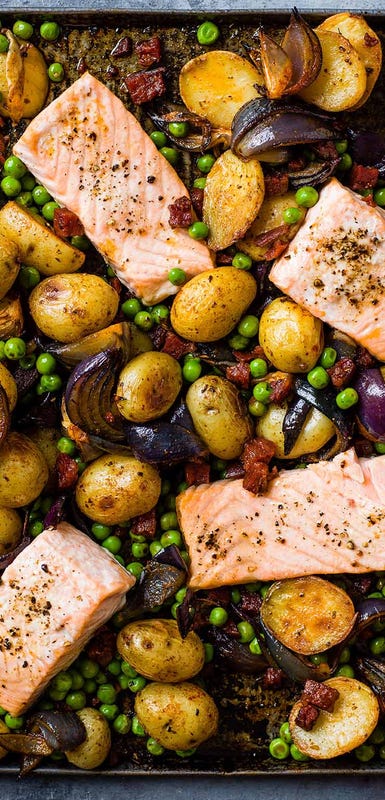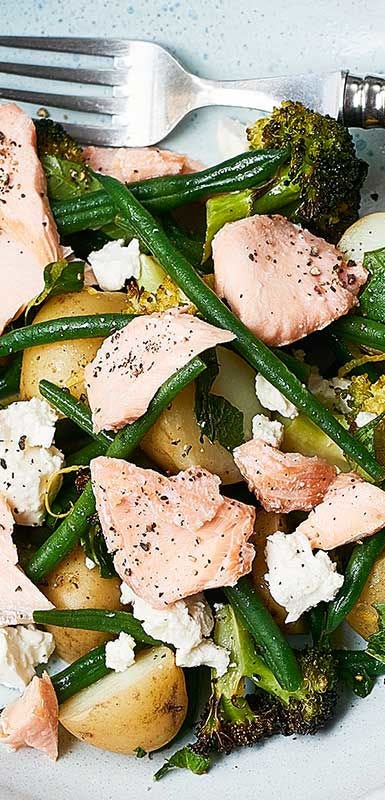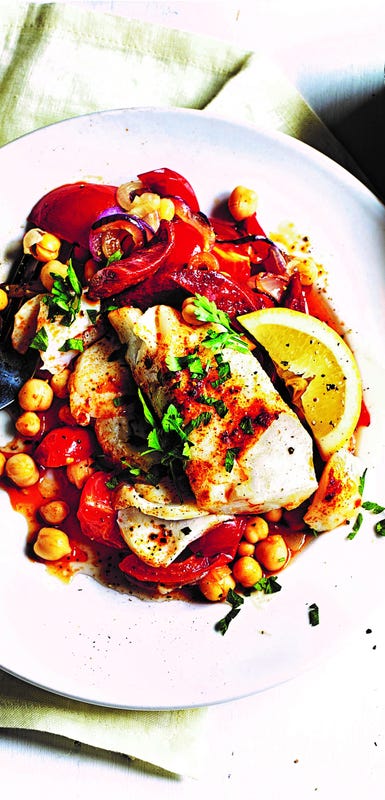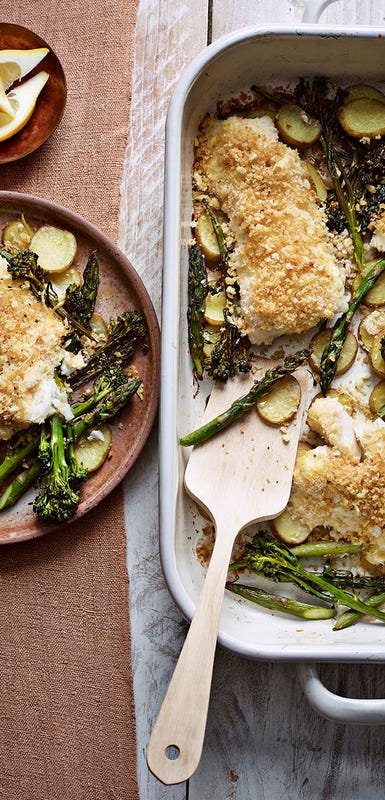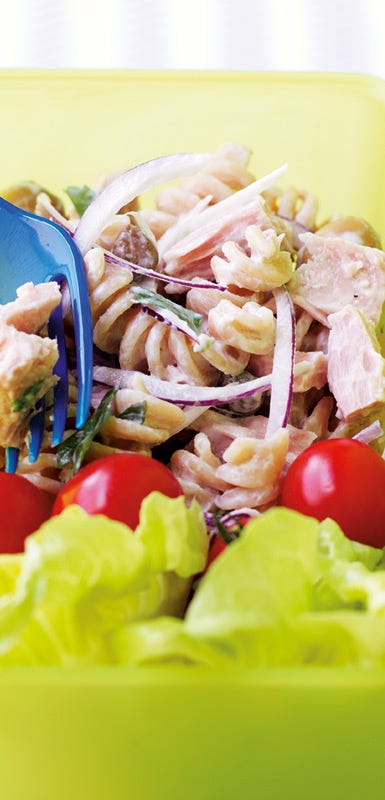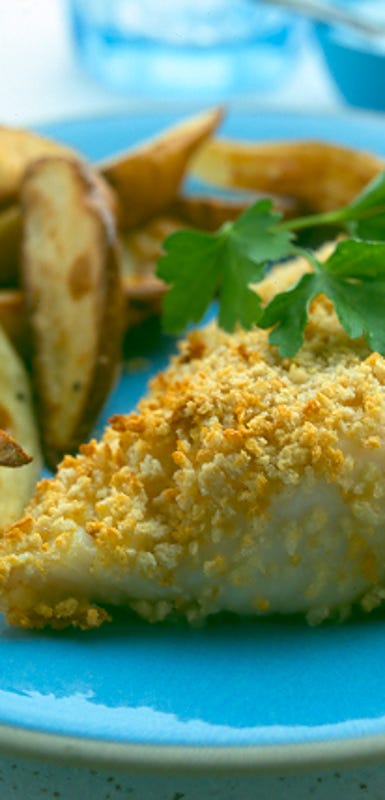ZeroPoint cheat sheet: Fish & seafood
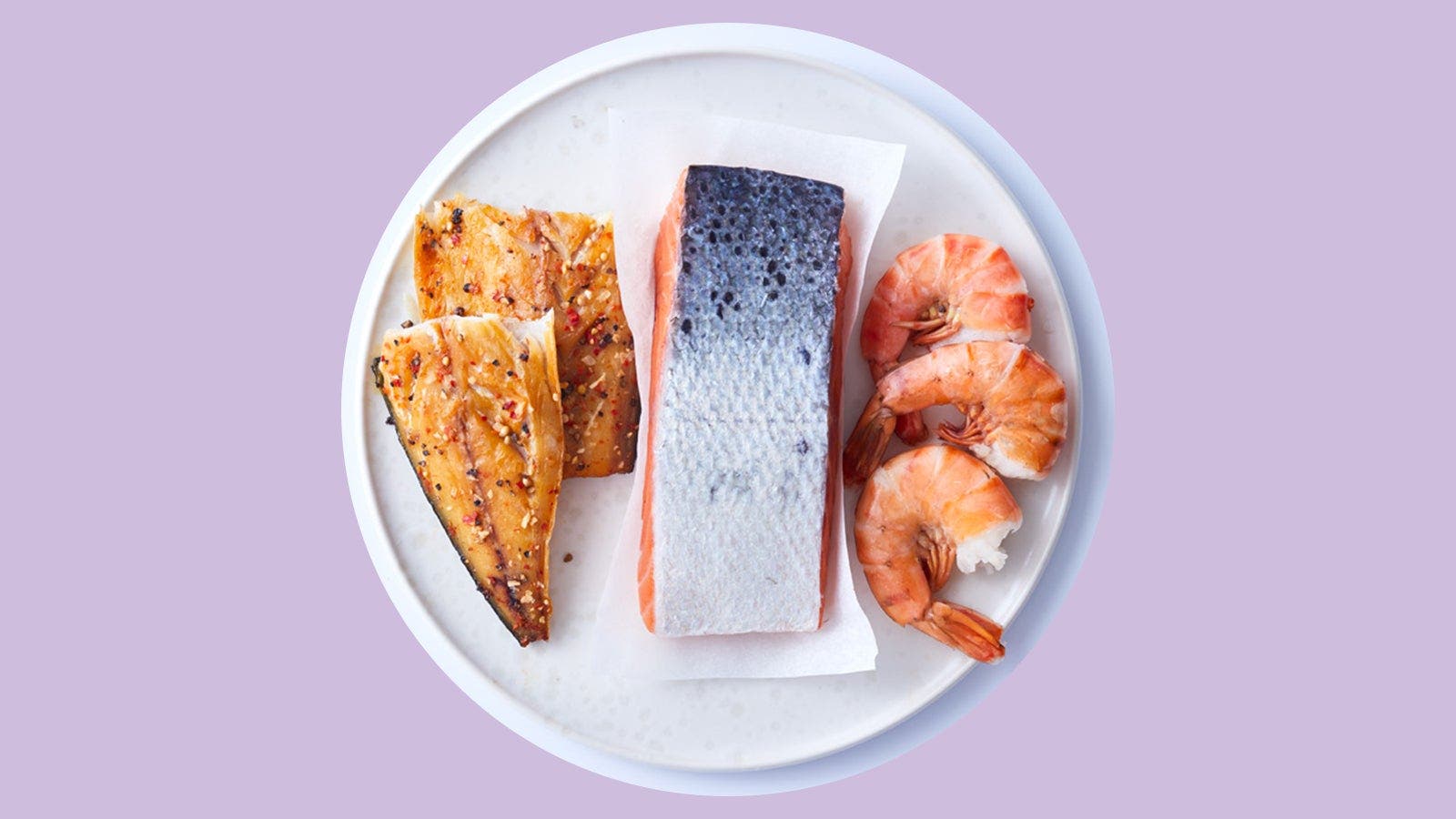

Fish and shellfish were chosen as ZeroPoint® foods because they’re nutrient dense, can be an excellent source of protein (which supports muscle and bone health and can help you feel full longer), and omega-3 fatty acids (which are associated with reduced risk of heart disease and stroke). They also help form the foundation for a healthy pattern of eating.
While 'zero' usually means 'nothing,' at WW, ZeroPoint foods are everything! If fish and seafood are a staple in your diet and you’ve got some questions, you’re in the right place.
What’s included in this category exactly?
|
|
|
Why are fish and shellfish ZeroPoint foods?
Fish and seafood are lean sources of protein that are packed with nutrients. On the whole, seafood contains important nutrients such as B vitamins, iron, zinc, and potassium. Some oily varieties of fish—such as mackerel, salmon, and sardines—contain vitamins A and D, as well as omega-3 fatty acids that may support heart health.
Wait, even canned fish?
Yep, canned salmon, canned tuna, canned sardines—any canned fish packed in water (not oil) is a ZeroPoint food. Added bonus: Canned fish with bones, such as salmon and sardines, are a rich source of calcium.
Does it matter if the fish is fresh or frozen?
Nope. Fish and seafood are ZeroPoint foods whether they are fresh or frozen, canned (in water), wild-caught or farm-raised, or cooked or raw.
Does it matter if the fish has skin?
Nope. Fish is a ZeroPoint food whether it has skin or not.
I love seafood, but cooking it can seem intimidating. How best to approach?
So many home cooks are intimidated by cooking seafood, but it can actually be one of the easiest ingredients to work with, since it cooks quickly and doesn’t need much sprucing up. Sometimes all you need is a dash of oil (or oil spray), a hot pan, some fresh lemon juice, and a pinch of salt. But if that still sounds like a bit much, an even easier way to incorporate seafood into your diet is by keeping a stash of frozen precooked prawns in the freezer and cans of seafood in your cupboard. Crack these open to add quick and convenient protein to pastas, soups, grain bowls, tacos, wraps, and salads.
How do I avoid overcooking seafood?
Again, one of the best and most convenient things about seafood is that it cooks quickly—but that can also lead to overcooking it. Here are some key tips.
When making salmon, farm-raised salmon is often fattier than wild-caught salmon. Fat = moisture. Keep this in mind when going by the cook times in a recipe.
Seafood like prawns and scallops will get rubbery when overcooked. Be sure to pat them very dry before seasoning and grilling, searing, or sautéing so the outside can brown without the inside getting tough.
*Members living with diabetes will have non-starchy veggies, eggs, fish & shellfish, chicken & turkey, skinless, lean meats, tofu & tempeh, and beans, peas, & lentils on their ZeroPoint food list. These categories were carefully selected to consider the combination of carbohydrates, proteins, and fibre, and are less likely to impact blood sugar levels.

